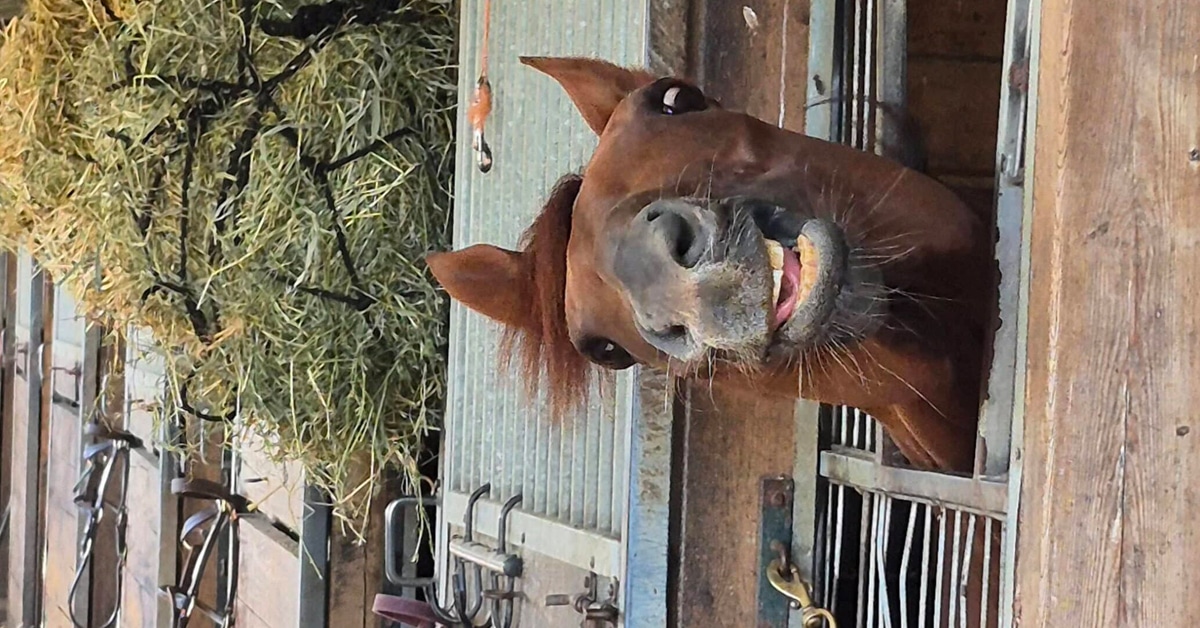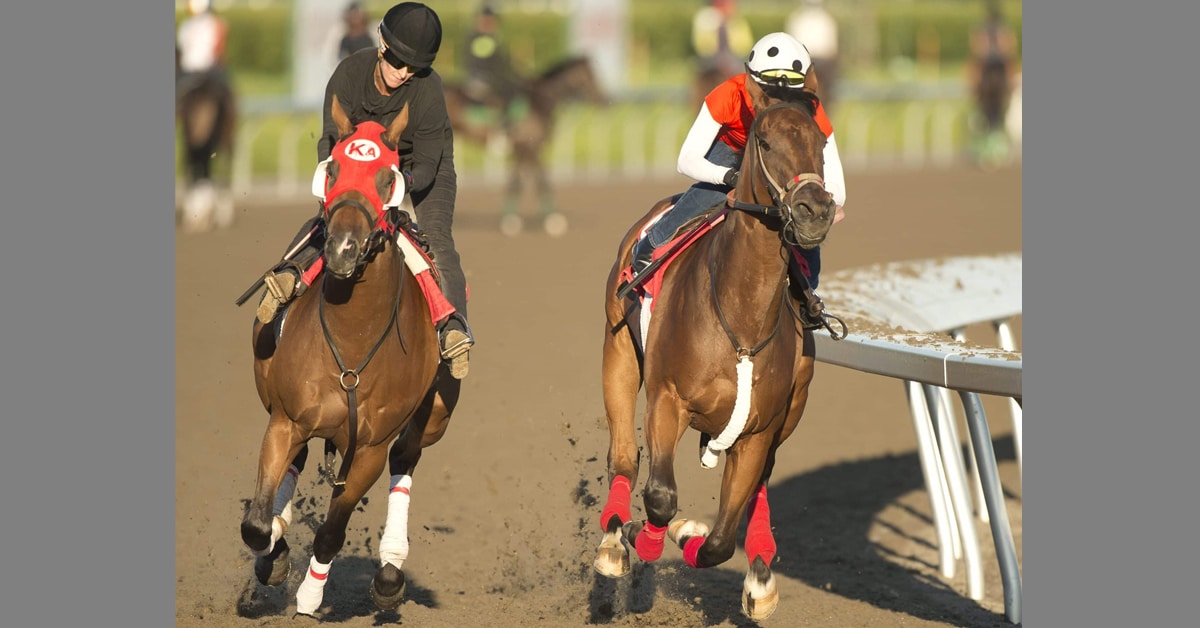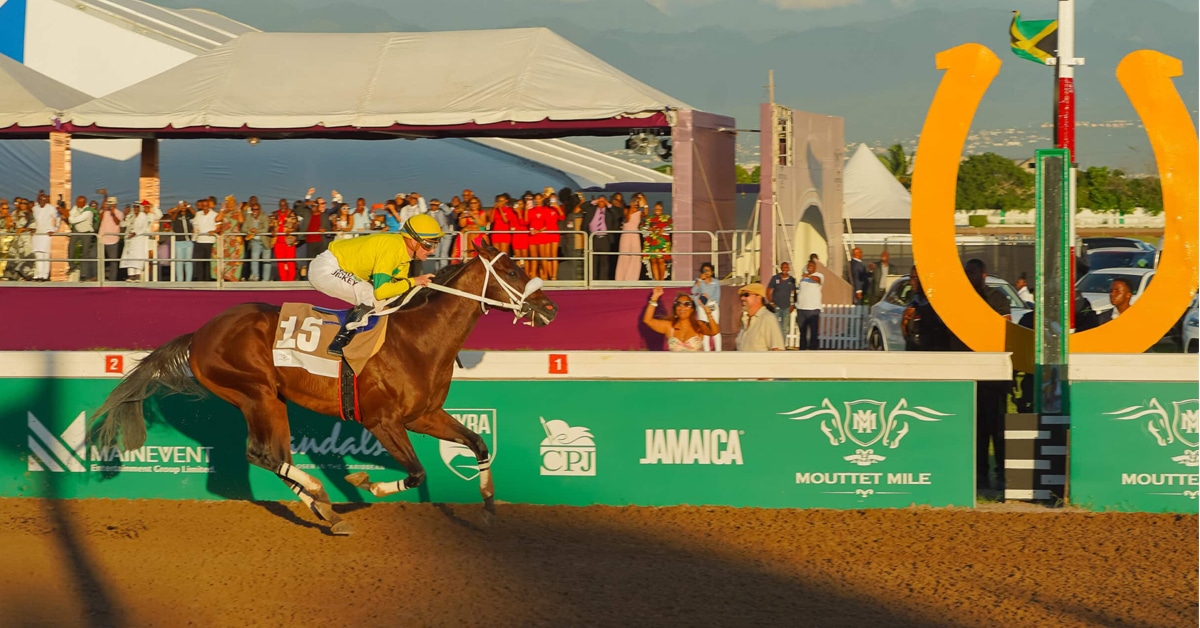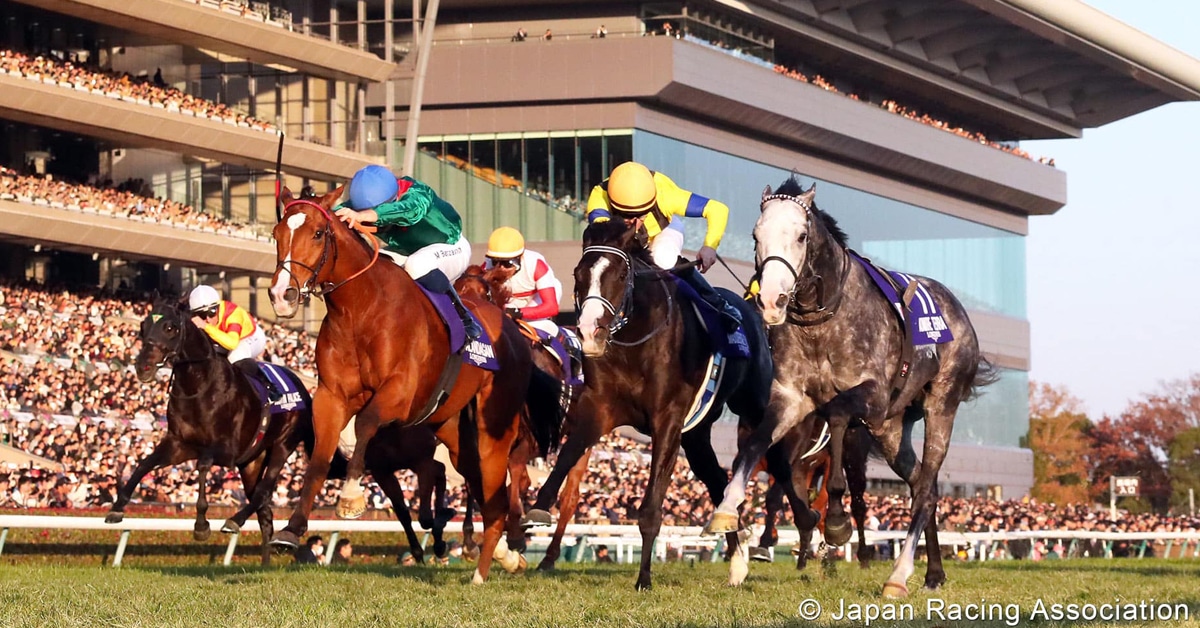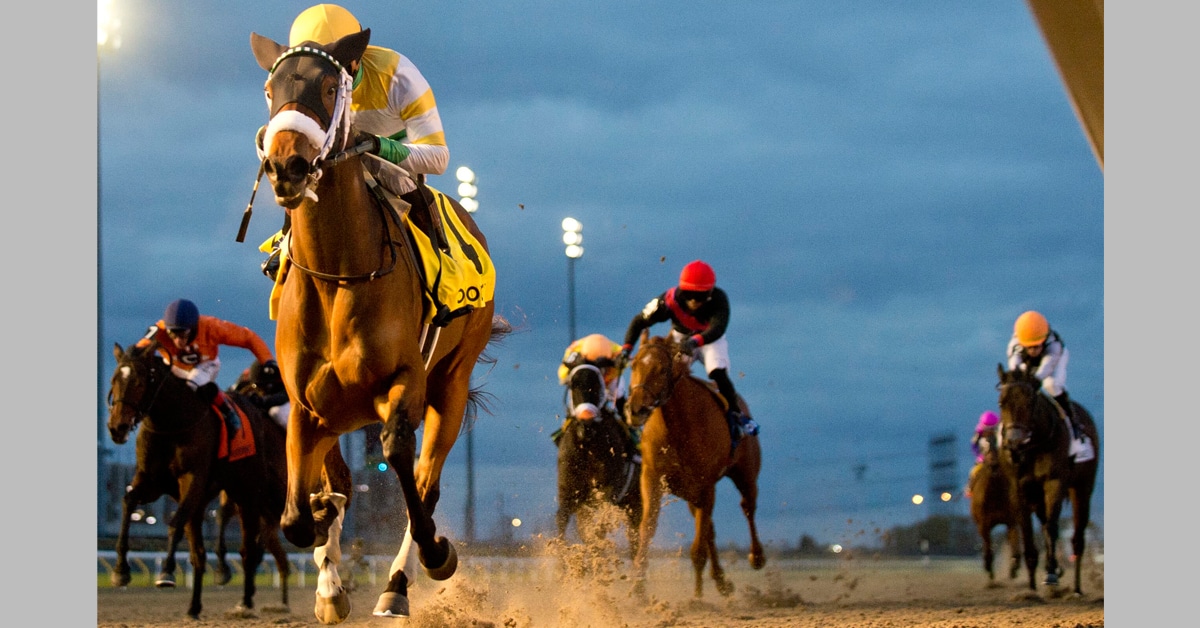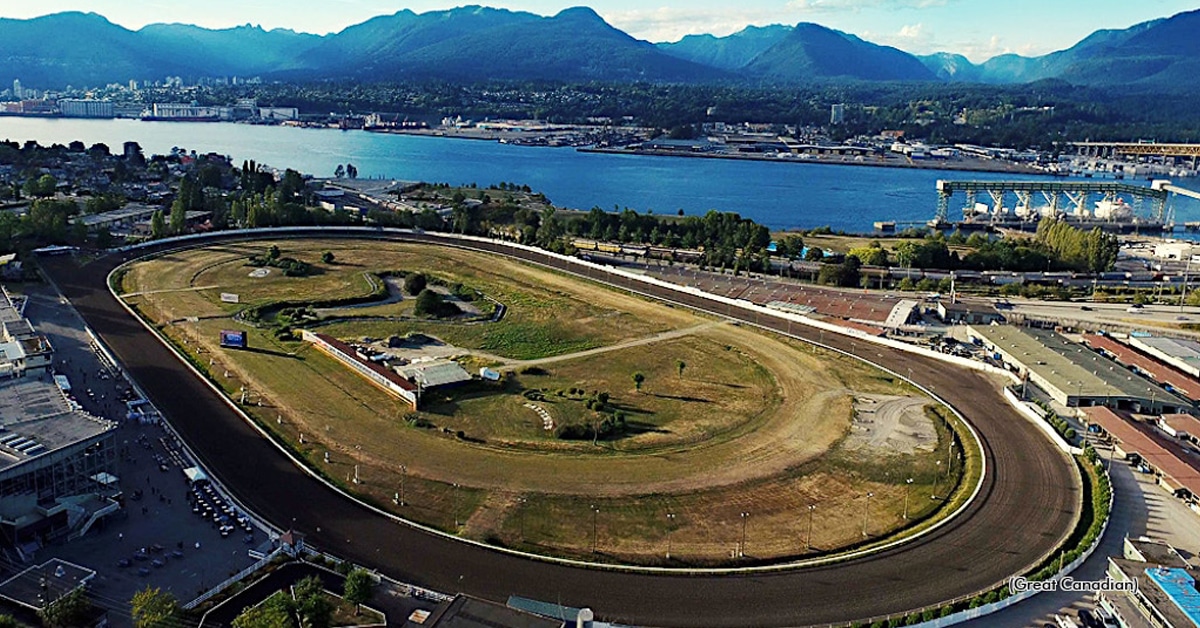In the late 1990’s and throughout the past decade, the Ontario Lottery and Gaming Corporation (now the OLG) entered into a revenue sharing agreement with racetrack operators and host municipalities in Ontario to allow the placement of slot machines at racetracks.
The racetracks provided the OLG with access to their existing facilities, saving the government the massive expense of building their own facilities and having to gain the approval of municipalities and the public to build gambling venues in their back yards. This agreement was not entered into lightly by the horse racing industry. After more than two years of economic review and negotiation, both the horse racing industry and the Ontario government’s Management Board of Cabinet agreed that a 20% share of the slots revenue could offset the loss of horse racing’s wagering dollar and customer base to sustain the horse racing industry. This revenue share would also help to offset the cost of operating and maintaining the buildings and properties in which the OLG’s government operated slots are housed.
For more than 10 years, the Slots at Racetracks Program has been a highly successful partnership which has allowed the horse racing industry to sustain itself and continue providing many economic benefits to the rural and municipal economies, while earning the provincial government more than $1.3 billion dollars in revenue every year.
Impact of the Horse Racing Industry by the numbers:
• $261 million dollars in revenue for the province of Ontario exclusive of slot revenue
• Horse Racing Industry spends more than $2 billion dollars per year in Ontario, with more than 80% of that money being spent in rural Ontario.
• Estimated 60,000 jobs are attributed to the horse racing and breeding industry.
• $1.5 billion dollars in wages and salaries are sustained annually by the total expenditures of the horse racing industry.
• Where the OLG’s resort casinos have lost millions of dollars, the Slots at Racetracks Program have returned billions of dollars in revenue. “Talk about value for money!” *
The OLG revenue sharing program has offset the negative financial impact slots at racetracks would otherwise have on the racing industry’s bottom line. The ever increasing competition imposed by the slots and other expanded gaming would further erode the wagering dollar to the point that the industry’s survival would be at serious risk. The government is looking to reduce the horse racing industry’s revenue share at a time when they are looking to expand their own gaming operations in direct competition with horse racing. In addition, if the proposed changes to the Criminal Code are implemented, the Province’s will be allowed to operate sports betting, once again in direct competition with the horse racing industry.
Out of the more than 60,000 jobs that would be at risk, many of those employed have worked in the industry all their lives, some are even second and third generation racetrack workers who would be unlikely to find jobs in other industries.
By preserving the existing program, the government would continue to collect $1.5 billion dollars annually from the race horse industry (through OLG’s share of slot revenue and non-slot revenue paid to the government) while ensuring Ontario’s horse racing industry remains economically sound for those rural communities and the 60,000 families that rely on the race horse industry for employment.
More News
